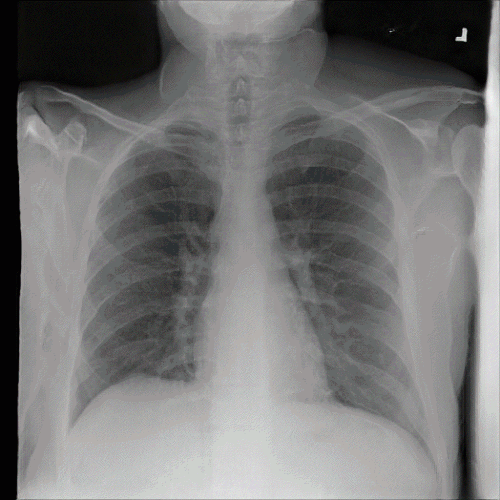Case Study: Northwestern Medicine
Empowering AI and Deep Learning to Accelerate Healthcare Innovation

Industry: Healthcare
Customer: Feinberg School of Medicine at Northwestern University
Data: Images, Videos, Waveforms, Text, Relational (SQL)
Products: NF5488M5-D (with NVIDIA Delta A100)
More Information: https://www.feinberg.northwestern.edu/sites/augmented-intelligence/
The Feinberg School of Medicine at Northwestern University – Northwestern Medicine – is a leading medical institution committed to improving human health through education and discovery. Not only does it provide patient care, it also conducts research and development of cutting-edge methodologies through the use of AI to tackle modern healthcare challenges.
Summary
Health systems rely on legacy enterprise systems to manage their operations and take care of patients. This means each deep learning project is also a separate data extraction and data cleaning project.
Currently in pilot testing, Northwestern Medicine has built high-performance data pipelines to allow deep learning experiments to take place without separate, costly copies of health system enterprise data.
This, together with the state-of-the-art performance of the Aivres NF5488M5-D AI server and the NVIDIA Delta A100 platform, has provided significant performance improvements not just in model training but in overall project delivery.
With a 10x improvement in training speed, and 100x improvement in data prep, Aivres’ solution enables rapid prototyping, iteration, and deployment of deep learning models directly into the healthcare environment.
Challenge
- Northwestern Medicine has several leading AI partnerships and internal AI development teams.
- There is a huge gap between where the data lives and where AI training and deployment occurs.
- Healthcare legacy enterprise systems were not designed to build AIs, often serving as the “weakest link” in the AI development and deployment process.
Solution
- Custom middleware and high-speed network connections, combined with the powerful A100 Delta-based training platform Aivres NF5488M-D, allow legacy enterprise data to flow freely to AI pipelines.
- In-house, custom dataloaders for PyTorch and TensorFlow allow data to seamlessly be used both in their legacy environment and for AI training.
- Data flow paradigm from legacy data established for radiography (images), endoscopy (videos), ICU/OR waveforms, free-text, and relational (SQL) data.
- Performance is maximized while security and regulatory requirements are not compromised by keeping everything on-premise and directly connected.
Results
Proprietary AI algorithms are being developed to ensure patient safety and operational efficiency of the health system.
- Training time of standard models and datasets improved up to 10x using the Aivres NF5488M5 D with A100 Delta.
- Directly connected data sources, by significantly reducing data prep time, represent up to 100x less time spent per project.
- State-of-the-art unsupervised pretraining can now take place on Northwestern’s own on-premise data, drastically speeding up future research and projects.
- The next generation will take advantage of even the higher throughput GPUDirect RDMA technology unique to the A100 Delta, directly placing legacy health system data into the GPU memory.
Impact
AI models can be developed in-house to directly serve the needs of our patients and health system. Researchers and operational leaders alike will have access to the best-of-breed AI models trained rapidly and iteratively on Northwestern’s own data.
“With our high-speed data pipes and the Aivres NF5488M5-D with NVNDIA A100 Delta, we can quickly iterate and use the state-of-the-art in AI to help our patients,” said Dr. Mozziyar Etemadi, anesthesiologist and Chief Data Engineer of the Northwestern Institute for Augmented Intelligence in Medicine (I-AIM).
“Working with Aivres has allowed us to rapidly accelerate the pace of AI research at our institution. Tests that would take months in the past can now be done in a matter of days or hours.”
Dr. Mozziyar Etemadi


